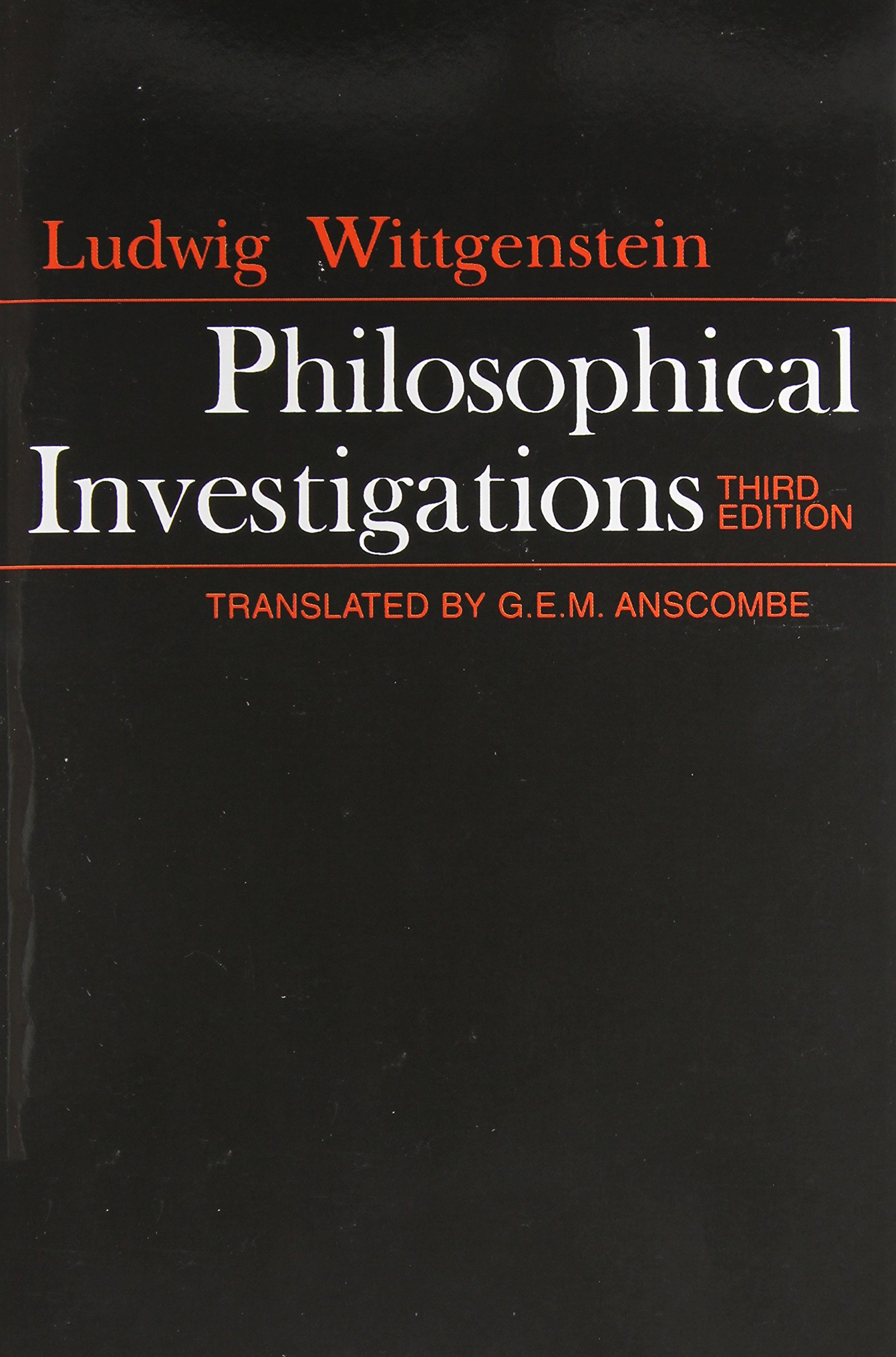
Wittgenstein, Philosophical Investigations
Philosophical Investigations is a work by the philosopher Ludwig Wittgenstein. The book was published posthumously in 1953. Wittgenstein discusses numerous problems and puzzles in the fields of semantics, logic, philosophy of mathematics, philosophy of psychology, philosophy of action, and philosophy of mind, putting forth the view that conceptual confusions surrounding language use are at the root of most philosophical problems. Wittgenstein alleges that the problems are traceable to a set of related assumptions about the nature of language, which themselves presuppose a particular conception of the essence of language. This conception is considered and ultimately rejected for being too general; that is, as an essentialist account of the nature of language it is simply too narrow to be able to account for the variety of things we do with language. This view can be seen to contradict or discard much of what he argued in his earlier work Tractatus Logico-Philosophicus (1921).
Philosophical Investigations is highly influential. Within the analytic tradition, the book is considered by many as being one of the most important philosophical works of the 20th century. The book paved the way for the ordinary language philosophy that dominated Oxford philosophy in the middle of the twentieth century and also influenced pragmatism. The work continues to influence contemporary philosophers working in the philosophy of language and mind.
Download
Wittgenstein__Philosophical_Investigations.pdf
Wittgenstein__Philosophical_Investigations.txt
Wittgenstein__Philosophical_Investigations.html
Wittgenstein__Philosophical_Investigations.jpg
Wittgenstein__Philosophical_Investigations.zip



